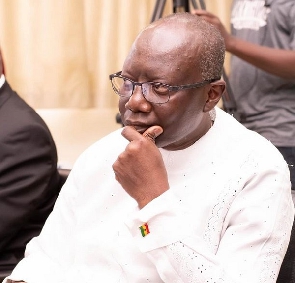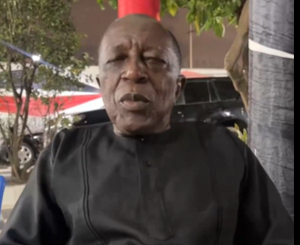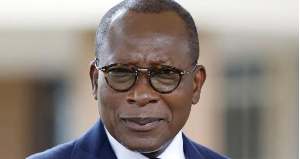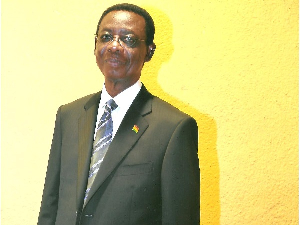One of the issues raised by the proponents of a censure motion against the finance minister was the “Unconstitutional withdrawals from the Consolidated Fund in blatant contravention of Article 178 of the 1992 Constitution supposedly for the construction of the President’s Cathedral”.
However, when Ken Ofori-Atta appeared before the ad-hoc committee he stated that he had not made any withdrawals from the Contingency fund to fund the National Cathedral.
He said: “It appears the proponents have confused the Contingency Fund with the Contingency Vote. Let me explain. There is a difference between Contingency Fund and Contingency Vote. The Contingency Fund, the Proponents refer to, is what is covered under the Constitution, specifically under article 177.
“This constitutes money voted by Parliament and advances from this must be authorized by the Parliamentary Finance Committee. The Contingency Vote, on the other hand, is a line under the “Other Government Obligations” vote which is approved by the Finance Committee and passed as part of the annual Appropriation Acts passed by Parliament,” Ofori-Atta explained.
However, Vice-President of IMANI-Africa has questioned the Speaker’s knowledge of withdrawals from the Fund.
He wrote on his Twitter page: “The "Contingency Vote" powers derive from another part of the constitution which is the only other way to spend outside Parliamentary control. However, it requires the concurrence of the Speaker of Parliament. So, simple: was the Speaker part of the decision to fund the cathedral?”
According to him, even though the Contingency Fund was always in the constitution, it was always avoided.
He added that any spending from the Fund must also be approved by parliament.
“The Contingency Fund was always in the constitution but politicians frequently ignored it bcos of the "no money" mantra. When Ghana found oil, money was moved from the Stabilisation Fund to activate it permanently in 2013. Any spending from it must be approved subsequently by Parliament,” he added.
Bright Simons argued that it would have been illegal if the Speaker of Parliament was not part of the committee set up to authorize spending from the Contingency Fund.
"Money from any 'Contingency Vote' in the budget used for the cathedral would be illegal if the Speaker of Parliament was not part of a special committee created to authorize its spending under article 179 of the constitution," he said.
"The Finance Minister does not have the power to hide the precise nature of expenditures from Parliament by using the Contingency Vote approach unless he can get authorization from a special committee made up of the Speaker, the President, and the Chairman of the Council of State.
"If the Finance Minister failed to do this, then his conduct was illegal notwithstanding his explanation that he did not use funds from the Contingency Fund," he stated.
Bright Simons further stated that the ad hoc committee should have probed the Finance minister on reasons for the non-disclosure of the precise expenditures from the Fund.
According to him, "this is what the committee should have sought to delve into not the distinction between the Contingency Fund and the Contingency Vote."
Watch the latest episode of BizTech below:
SSD/FNOQ
General News of Sunday, 20 November 2022
Source: www.ghanaweb.com













